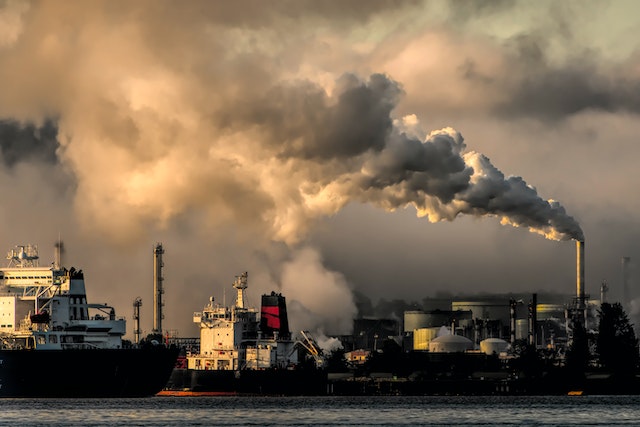April 16, 2024
The vast majority of planet-warming carbon dioxide emissions since 2016 can be traced to a group of 57 fossil fuel and cement producers, researchers said.
From 2016 to 2022, the 57 entities including nation-states, state-owned firms and investor-owned companies produced 80% of the world’s CO2 emissions from fossil fuels and cement production, said the Carbon Majors report by non-profit think tank InfluenceMap.
The world’s top three CO2-emitting companies in the period were state-owned oil firm Saudi Aramco
(2222.SE), opens new tab, Russia’s state-owned energy giant Gazprom
(GAZP.MM), and state-owned producer Coal India
(COAL.NS), the report said.
Saudi Aramco declined to comment. Coal India and Gazprom did not immediately respond to requests for comment.
The report found most companies had expanded their fossil fuel production since 2015, the year when nearly all countries signed the U.N. Paris Agreement, committing to take action to curb climate change.
Since then, while many governments and companies have set tougher emissions targets and rapidly expanded renewable energy, they have also produced and burned more fossil fuels, causing emissions to rise.
Global energy-related CO2 emissions hit a
record high last year, the International Energy Agency has said.
InfluenceMap said its findings showed that a relatively small group of emitters were responsible for the bulk of ongoing CO2 emissions, and it aimed to increase transparency around which governments and companies were causing climate change.
“It can be used in a variety of cases, ranging from legal processes seeking to hold these producers to account for climate damages, or it can be used by academics in quantifying their contributions, or by campaign groups, or even by investors,” InfluenceMap Program Manager Daan Van Acker said of the report.
A previous edition of the Carbon Majors database was cited last month in a legal case brought by a Belgian farmer against French oil and gas company TotalEnergies
(TTEF.PA), opens new tab. The farmer argued that as one of the world’s top 20 CO2-emitting companies, TotalEnergies was partly responsible for damage to his operations from extreme weather.
The database was first launched in 2013 by the non-profit research organisation Climate Accountability Institute.
It combines companies’ self-reported data on coal, oil and gas production with sources like the U.S. Energy Information Administration, national mining associations and other industry data.
Carroll Muffett, CEO of the non-profit Center for International Environmental Law said the database would improve investors’ and litigators’ ability to track companies’ actions over time.
Source: Reuters
Legal Notice: The information in this article is intended for information purposes only. It is not intended for professional information purposes specific to a person or an institution. Every institution has different requirements because of its own circumstances even though they bear a resemblance to each other. Consequently, it is your interest to consult on an expert before taking a decision based on information stated in this article and putting into practice. Neither Karen Audit nor related person or institutions are not responsible for any damages or losses that might occur in consequence of the use of the information in this article by private or formal, real or legal person and institutions.






